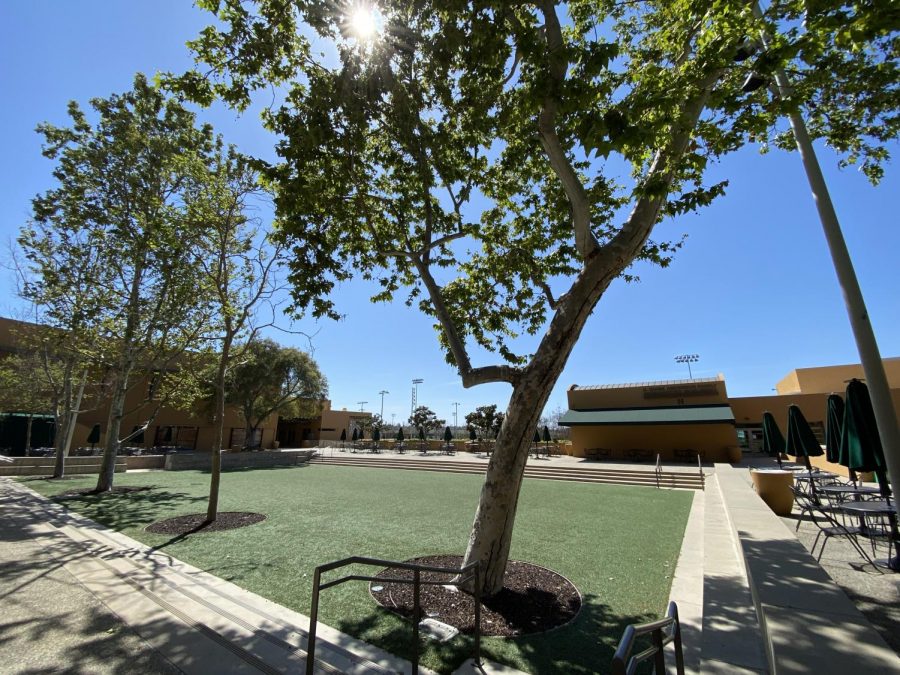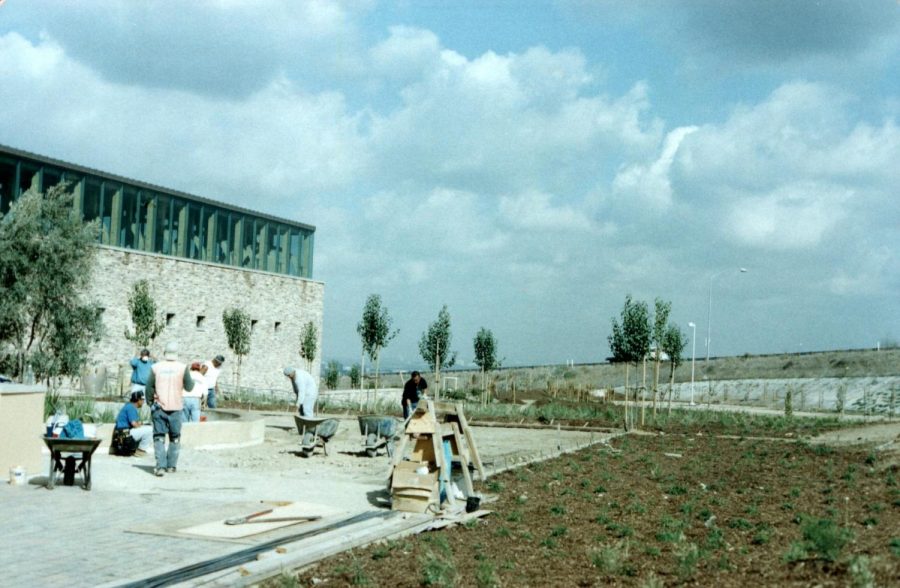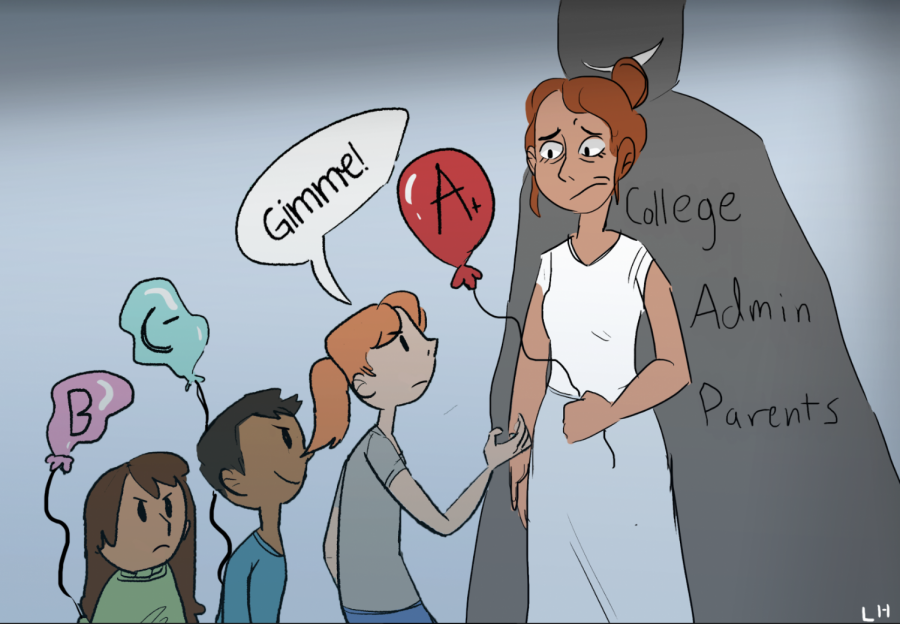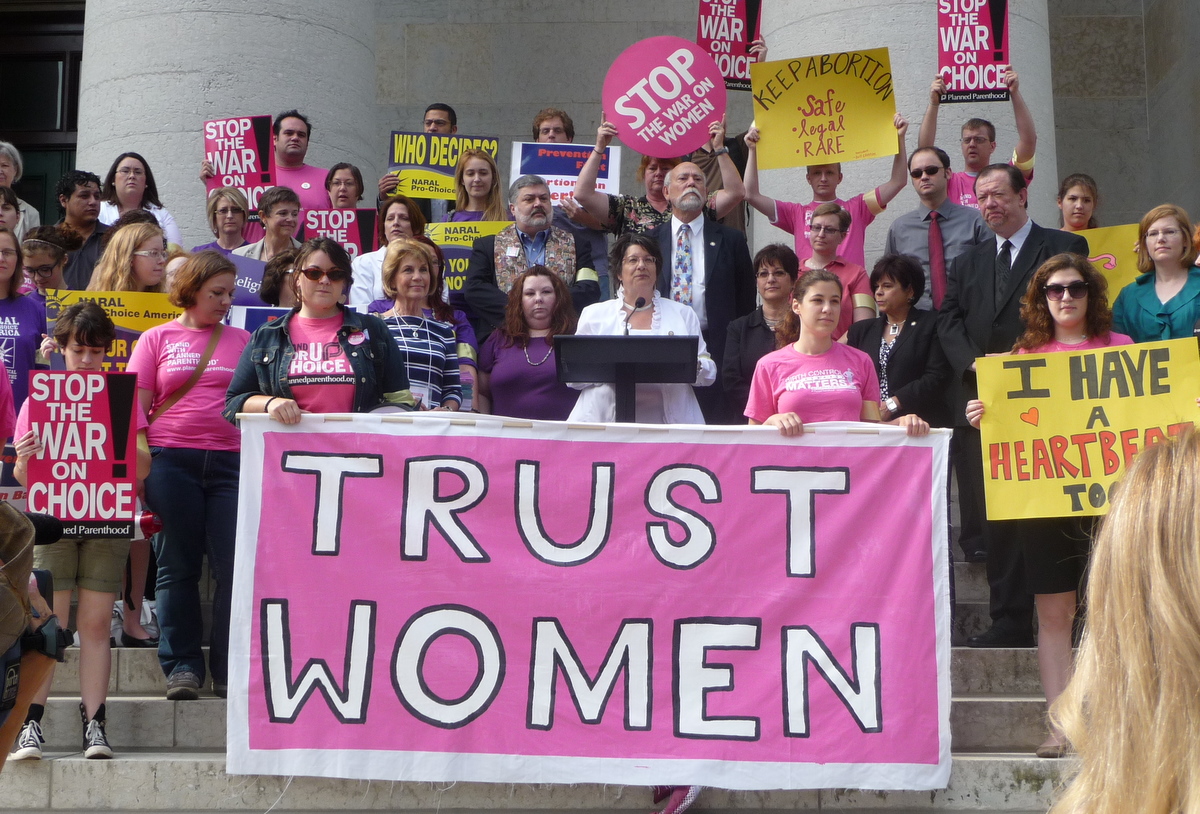
Journalism is under attack. Since the term was first coined in the late 1700s, the Fourth Estate has referred to a fourth, informal power in the government: the press. Even before the Republic’s founding, news outlets have monitored the actions of the government and influenced public discourse through their coverage.
Though imperfect, journalists have historically been a stable watchdog for society, illuminating what the public is blind to through investigative journalism. Journalists have exposed massive abuses of power from powerful institutions, such as Watergate, the Pentagon Papers, or the Archdiocese of Boston sex abuse scandal. The press provides transparency, informs the public, and protects democratic systems.
An average of two traditional newspapers close per week in the United States, for a total of 130 in 2024, according to Northwestern’s Medill School of Journalism. These are mostly local newspapers, especially in rural or suburban areas. Currently, Medill has identified over 200 counties without a local newspaper and another 1,500 with only one. The U.S. Bureau of Labor Statistics also reports that employment for journalists is down three percent. This phenomenon of disappearing newspapers is known as “news deserts,” and America is undergoing a silent extinction like never before.
Decline in local news has been linked to depressed voter turnout, more incidents of corrupt public officials and increased political polarization, according to a Cambridge study. Local newspapers traditionally offered more balanced, less polarized reporting, helping citizens stay informed about community issues rather than national political drama. But when they disappear, people rely more on national partisan media or social media, which silos voters in their own news ecosystems and makes them more likely to adopt extremist views. This phenomenon has been well-documented in America’s two-party system and multiparty systems like Denmark. It’s a global risk, not just an American problem.
The rise of the “Fifth Estate”–social media and influencers–combined with the rapid innovation of AI allows misinformation to proliferate. A well-known recent example was during a 2024 presidential debate, when President Donald Trump claimed that Haitian immigrants were eating dogs and cats, citing a viral video on social media platform X that was later debunked. (The individual recorded was an U.S. citizen living in Ohio.) Without professional journalists committed to verifying facts, falsehoods like these could go unchallenged, fueling prejudice and shaping policies based on lies.
As individuals, journalists are also under attack. Violence against journalists around the world is at an all-time high. This year alone, 20 journalists have been killed, according to the UNESCO observatory. Historically, nine out of 10 journalist killings go unresolved and unpunished. Since Covid-19, news media workers have also reported an increase in online harassment.
Democracy dies in darkness. It’s an apt quote by The Washington Post.
This is why it’s more important than ever to support student journalism and news literacy education. In a world flooded with information, young people need the tools to critically evaluate what they see, hear and share. News literacy isn’t just about spotting fake news; it’s about understanding how narratives are constructed, recognizing bias, and seeking out credible sources.
As editors of The Bolt, we cannot overstate the importance of student media in our community. Every story we research, every article we write, and every fact we check is a step toward creating a more informed, thoughtful student body. We believe in the responsibility that comes with our platform–to ask difficult questions, to cover important issues fairly and to reflect the voices of our peers with honesty and care. By writing, editing, fact-checking and publishing, we practice the very skills that society desperately needs.
If we want a future where democracy thrives, where facts matter, and where communities are built on trust rather than division, we must invest in it. Support local news. Support news literacy. Support the next generation of truth-tellers with an open mind and a curious heart. Our democracy depends on it.











